 Help us guide future research about problematic knee replacements
Help us guide future research about problematic knee replacements
The British Association for Surgery of the Knee (BASK) is running a Priority Setting Partnership (PSP) in partnership with the James Lind Alliance (JLA). The aim of this process is to bring patients and carers together with a range of healthcare professionals. We want all groups to highlight uncertainties relating to the assessment, management and rehabilitation of ‘patients with a problematic knee replacement’. We will thereby identify future research questions and ultimately publish a list of ‘top 10 research priorities’.…
Read more of this article

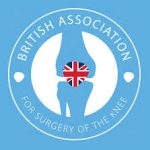
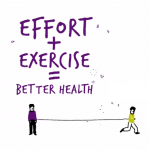
 ‘Love Activity, Hate Exercise?’ addresses the emotional as well as physical barriers millions of people with long-term conditions face in being more physically active.
‘Love Activity, Hate Exercise?’ addresses the emotional as well as physical barriers millions of people with long-term conditions face in being more physically active.

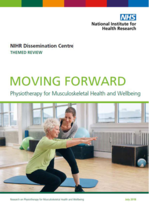
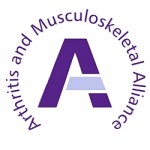
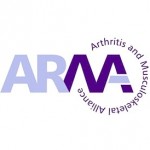
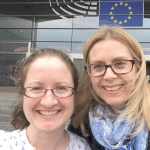
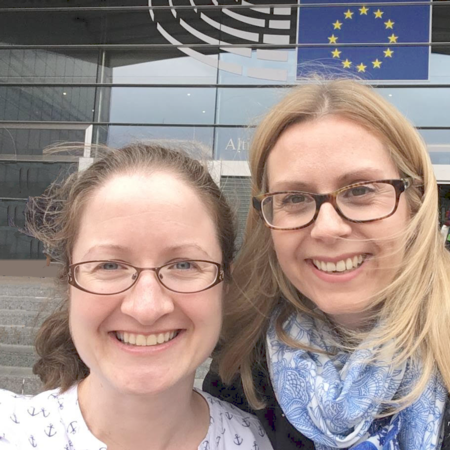 The HMSA has been out and about quite a bit this month, last week attending the “
The HMSA has been out and about quite a bit this month, last week attending the “
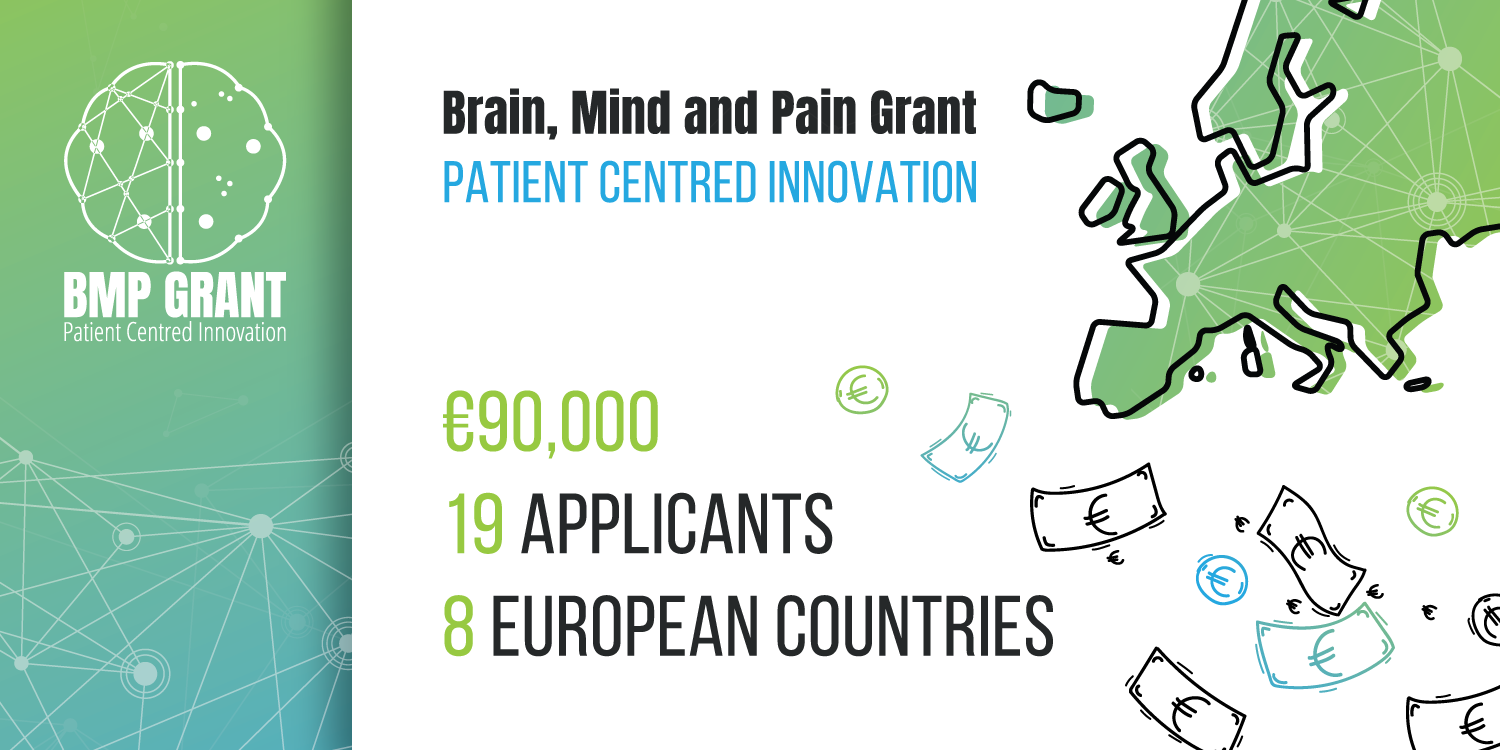



 Arthritis Research UK wants to hear people’s experiences of working with arthritis.
Arthritis Research UK wants to hear people’s experiences of working with arthritis.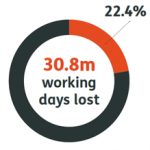
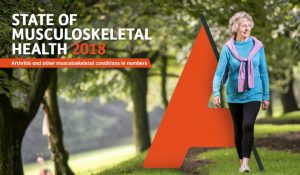 The State of Musculoskeletal Health 2018 is a resource for health professionals, policy makers, public health leads and anyone interested in musculoskeletal health. We believe that with the best information you can build awareness, make more informed decisions, feel more confident and ultimately help more people with musculoskeletal conditions. The resource was put together by Arthritis Research UK.
The State of Musculoskeletal Health 2018 is a resource for health professionals, policy makers, public health leads and anyone interested in musculoskeletal health. We believe that with the best information you can build awareness, make more informed decisions, feel more confident and ultimately help more people with musculoskeletal conditions. The resource was put together by Arthritis Research UK.